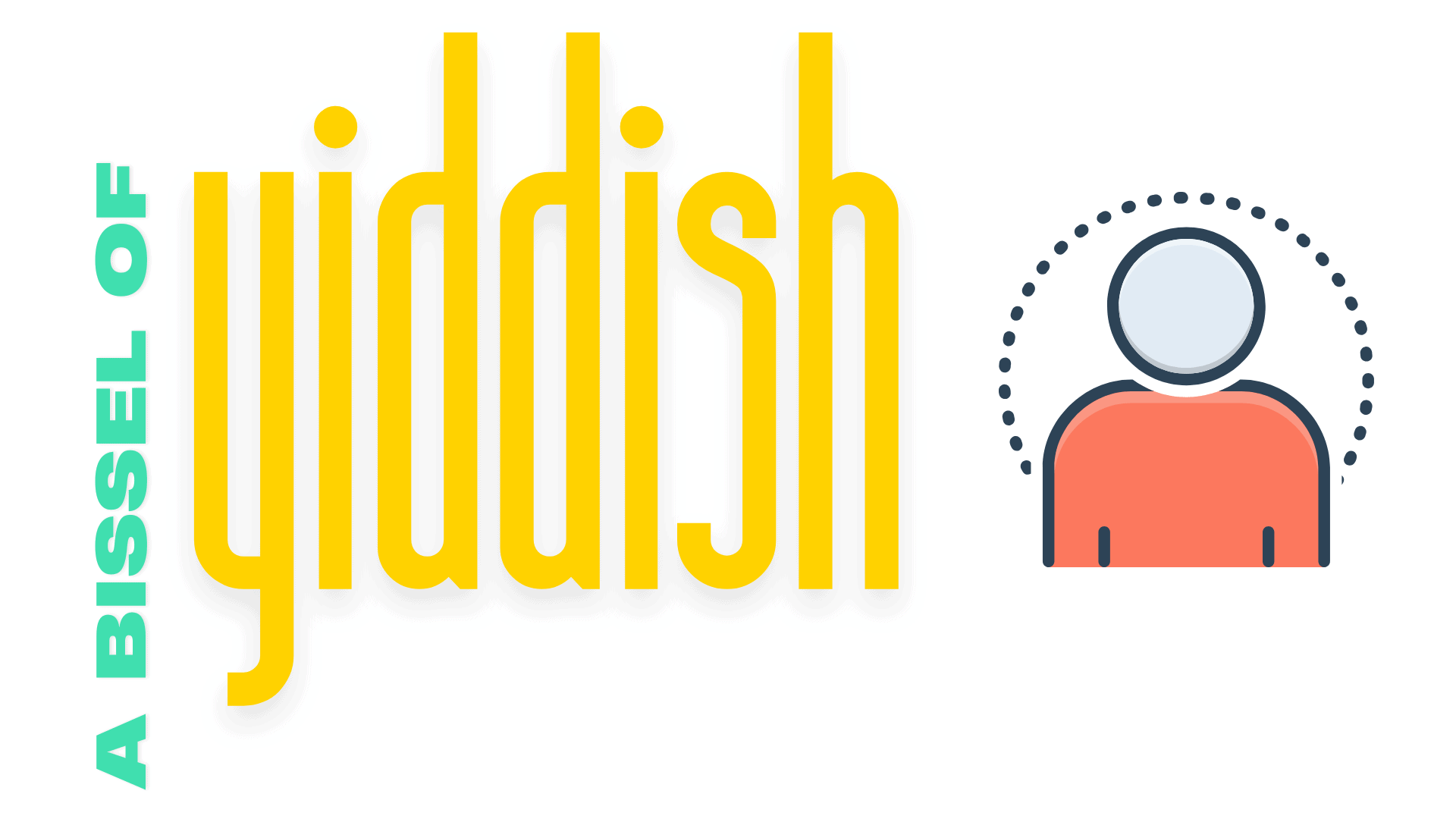A bit of Yiddish has managed to slip into everyday language. It’s not uncommon to hear people of all backgrounds talk about shlepping and shmoozing. And most who fling words such as glitz and shtick, have no idea they’re speaking Yiddish, a language historically spoken by Ashkenazi Jews.
A combination of High German and Hebrew, efforts are underway to keep the language alive through clubs, Youtube videos, classes, books, and performances.
Even in Tidewater, the Yiddish Club is making a comeback. Attendees at the monthly meetings are embracing Yiddish culture, language, and history with music, film, poetry, and literature. The next meeting will take place on Tuesday, August 5 at 1 pm at the Sandler Family Campus. For more information, go to www.Jewishva.org/YiddishClub.
In this spirit, Jewish News is embarking on a new feature, A Bissel of Yiddish to introduce and remind readers of a few Yiddish words and phrases. Bissel is Yiddish for ‘little,’ by the way. We hope the section brings smiles and memories to those who recall grandparents speaking the language, as well as intrigue to those interested in learning a few words.
Yiddish word
Mensch
Based on the German word for person, in Yiddish, a mensch is used to describe someone with highly regarded qualities such as honor, integrity, and kindness. A mensch doesn’t hesitate to perform mitzvot. Being called a mensch is considered an extreme compliment.
Yiddish phrase
Mir geben en mir veisen shtark koved far unzer tyerer en baleibt elter menschen fun undzer klal
We give and we show strong respect for our valuable and dear older people of our community.

